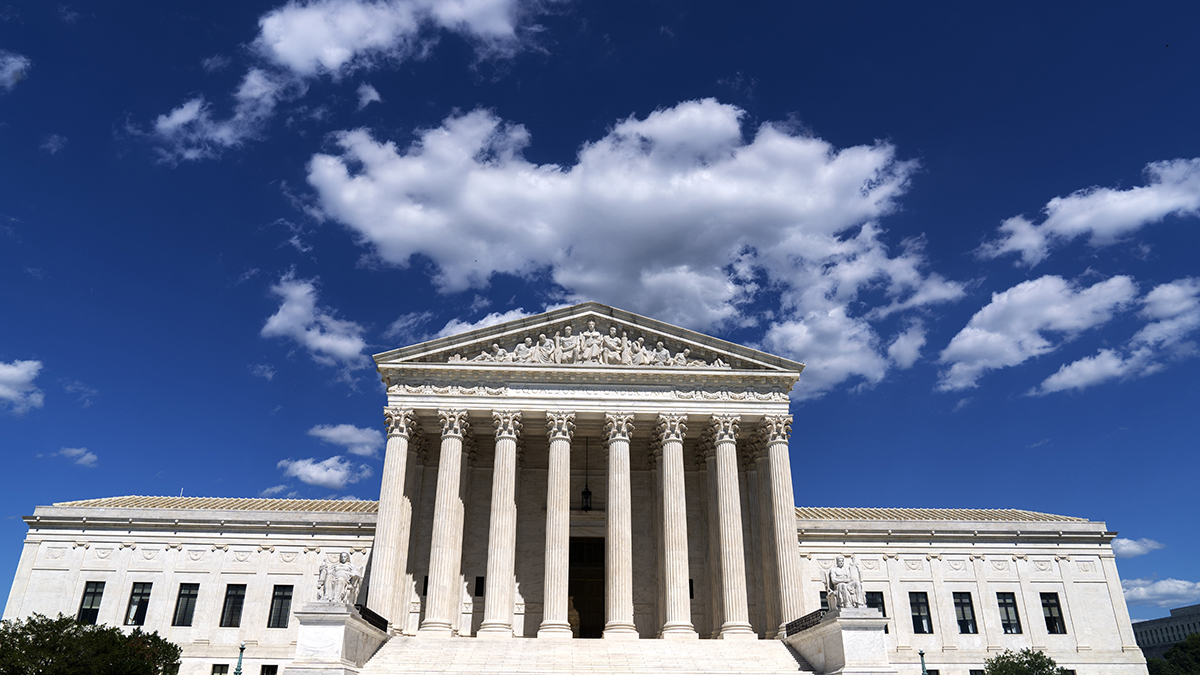With China's rubber-stamp parliament voting to allow President Xi Jinping to stay in power indefinitely, recent history offers sobering lessons to the country's ruling Communist Party.
For millennia, one-man rule for life was standard under kings and emperors. But from Zimbabwe to Iraq to North Korea, modern autocrats often blunder into economic stagnation, political dysfunction and war.
"There is a tendency for erratic and sometimes unwise policy choices," said Erica Frantz, a Michigan State University political scientist who studies dictatorships, in an email. Those include "more belligerent foreign policy" and greater likelihood of war.
On paper, deleting term limits on Xi's ceremonial post as president from China's constitution is a modest change compared with the vast powers he has amassed since becoming ruling party leader in 2012.
But the decision crystalized fears Beijing was discarding shared leadership developed since the 1980s. That system is meant to guard against the excesses of autocratic rule by requiring ruling party figures to give up power on schedule.
Some societies such as Singapore and Botswana are prosperous and stable under governing parties that stay in power for decades while avoiding the excesses of one-man rule.
Chinese officials echo arguments offered by other governments that staying in power will enable Xi to carry out long-term plans. But while some analysts say that might help in the short term, in the long run other economies with autocratic leaders have fallen behind.
U.S. & World
"It is likely that over time the quality of his choices will deteriorate," Frantz said.
Some other prominent experience with one-man rule:
RUSSIA: FOREIGN BELLIGERENCE
Buoyed by an oil boom, President Vladimir Putin's rule since 2000 has been marked by complaints about corruption and human rights abuse, tension with the West over Moscow's 2014 annexation of Crimea and accusations of meddling in U.S. elections.
The economy grew during Putin's first years in power as Russia passed Saudi Arabia to become the No. 1 oil producer, but was battered by the 2008 global crisis. More recently, falling oil prices and sanctions imposed over Crimea have caused economic activity to shrink.
Human rights groups accuse Putin of ordering assassinations of political opponents and stifling criticism.
Abroad, Moscow supported separatists who took control of eastern Ukraine in 2014 in violence that has killed more than 10,000 people. Russian troops seized Crimea, part of Ukraine since 1954.
Putin sent soldiers to Syria the following year to support President Bashar Assad's government against rebels.
U.S. Justice Department special counsel Robert Mueller is investigating President Donald Trump's ties to Russia and has charged Russian operatives with using fake social media accounts and targeted messaging to interfere in the 2016 presidential election.
American intelligence agencies expressed "high confidence" that Putin ordered an "influence campaign" including social media postings to harm candidate Hillary Clinton in the election. Putin has consistently denied any Kremlin involvement in the interference.
NORTH KOREA: ONE-MAN RULE
Under the Marxist model, dynastic succession isn't supposed to happen. But Kim Il Sung, who ruled for 46 years until his death in 1994, jettisoned that thinking and groomed his son, Kim Jong Il, to lead.
The hereditary dictatorship, now in its third generation under grandson Kim Jong Un, has proven resilient, lasting 70 years in direct conflict with the United States. The regime is possibly stronger than ever and is on the verge of having a viable nuclear weapon.
That grip on power has come at significant cost to the nation. Basic human rights such as the freedom of speech, of travel and of religion are suppressed and the health of the economy is subjected to the needs of the military and the regime elite.
Kim has tried to emulate his grandfather in appearance and style. But he has struggled with the classic authoritarian dilemma: His regime and economic policies must adapt to survive, but allowing change could open the door to his own downfall.
ZIMBABWE: PROMISE TO STAGNATION
In the early days following the end of white minority rule in 1980, President Robert Mugabe stressed education and industries flourished.
As the years went by, the economy collapsed and Zimbabwe was reduced to being one of the world's poorest countries. Mugabe was accused of clinging to power through violence, intimidation and election fraud.
Mugabe, 94, was forced to resign late last year after the military staged a takeover, lawmakers from the ruling party and opposition started impeachment proceedings and the public staged massive demonstrations against him.
Mugabe, who blamed the West for many of Zimbabwe's problems, was replaced as president by a former confidant who promises change. Zimbabwe's post-Mugabe path will become clearer after elections that are due to be held this year.
CONGO: FLEDGLING AUTOCRAT
President Joseph Kabila took power after the 2001 assassination of his father. He won elections in 2006 and 2011 despite opposition claims the votes were not free and fair. His official mandate was to end December 2016 but the government has failed to organize elections.
Critics accuse Kabila of delaying the vote to stay in office, especially after a deal brokered by the Roman Catholic church to hold elections by the end of 2017 fell apart. Congo's government now says the vote will be in December, though tensions over the delays have led to deadly clashes in the streets between security forces and demonstrators.
Hundreds of opposition members have been arrested, prompting international condemnation. Kabila has said there is "no political uncertainty" and Congo is on track to hold elections despite the delays.
Associated Press writers Eric Talmadge, Christopher Torchia and Krista Larson contributed to this report.



